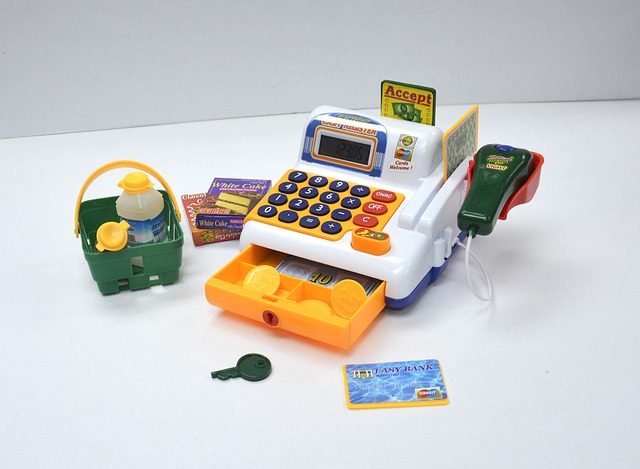When deciding between a Title Loan and a Payday Loan, borrowers should prioritize security and repayment conditions. Title Loans provide secured borrowing with flexible terms, potentially lower rates, and online applications, using vehicle titles as collateral. Payday Loans offer quick cash but have high-interest rates and strict repayment terms, trapping users in debt cycles. Key differences include collateral usage (Title Loans use vehicle titles), borrowing limits (Higher for Title Loans), and refinancing costs (Additional fees for Payday Loan refinancing).
When facing financial emergencies, understanding the differences between a title loan and a payday loan is crucial. While both offer quick cash solutions, they significantly vary in terms of security, interest rates, and repayment terms. This article delves into these distinctions, focusing on how title loans provide secured, long-term repayment options compared to payday loans’ short-term, high-interest nature. By exploring collateral requirements, loan durations, and borrowing limits, borrowers can make informed decisions between these two alternatives.
- Understanding Title Loans: Security and Long-Term Repayment
- Payday Loans: Short-Term Relief with High Interest Rates
- Key Differences: Collateral, Term, and Borrowing Limits
Understanding Title Loans: Security and Long-Term Repayment

When considering a Title Loan vs Payday Loan, understanding the security involved and repayment terms is crucial. Unlike payday loans known for their short-term nature and high interest rates, title loans offer a secured borrowing option with long-term repayment plans. With a title loan, borrowers use the title of their vehicle as collateral, providing lenders with a safety net in case of default. This security often translates to more flexible terms and potentially lower interest rates compared to payday loans.
Additionally, the ability to repay over an extended period can help borrowers manage their finances better. Many title loan providers offer online applications, making the process convenient and fast for those needing quick cash. Even without perfect credit, individuals can access funds through debt consolidation by using a title loan as an alternative to traditional payday loans, bypassing strict credit checks typically associated with such short-term financing options.
Payday Loans: Short-Term Relief with High Interest Rates

Payday loans are designed for short-term financial relief, typically offering small loan amounts that must be repaid within a few weeks or months. While they can provide quick access to cash, one significant drawback is their high interest rates. These rates, often expressed as annual percentages (APRs), can result in substantial fees that make the original loan amount even more challenging to repay. The short-term nature of these loans means that borrowers may find themselves in a cycle of debt, where they constantly struggle to keep up with the required repayments.
In contrast to title loans, which offer longer repayment periods and potentially lower interest rates, payday loans often come with stringent deadlines and steep penalties for late payments or non-repayment. This makes them less suitable for long-term financial planning and highlights the importance of considering alternatives like loan extensions or building an emergency fund to avoid such financial constraints.
Key Differences: Collateral, Term, and Borrowing Limits

When comparing a title loan vs payday loan, understanding key differences is crucial for making an informed decision. One significant distinction lies in the use of collateral. Title loans are secured by the borrower’s vehicle title, allowing lenders to seize and sell the vehicle if the loan isn’t repaid. Payday loans, on the other hand, aren’t typically backed by collateral but offer shorter loan terms.
Additionally, borrowing limits vary between these two types of loans. Title loans generally have higher borrowing limits because they are secured by a significant asset. Payday loans, however, often cap at lower amounts and are designed for short-term financial needs. Loan refinancing might be an option with payday loans to extend the repayment period, but it comes with extra fees, making them pricier in the long run compared to title loans that offer more flexible loan terms. Direct deposit is a common feature of both types, providing borrowers with quick access to their funds.
When considering a title loan vs payday loan, understanding the key differences is crucial for making an informed decision. While both offer short-term financial relief, title loans provide greater flexibility with longer terms and the use of collateral, typically your vehicle. Conversely, payday loans charge higher interest rates without leveraging assets but come with stricter borrowing limits and shorter repayment periods. Knowing these distinctions enables individuals to choose the option best aligned with their financial needs and capabilities.






